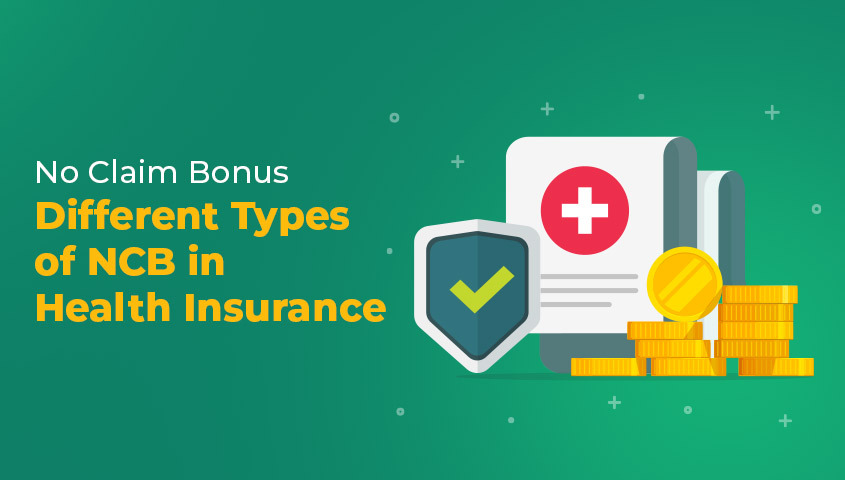
You are the wise one, and you have made up your mind to get health insurance. Everyone tells you that why you should get it, but no one tells you what to check and expect. Well, we are here for that. Just keep some simple facts in mind, when narrowing down on any health insurance policy.
What is Health Insurance?
‘Health Insurance’ is a type of insurance coverage that pays for medical and surgical expenses that are incurred when a health insurance policyholder receives treatment.
Now let us look at the points to keep in mind when buying an insurance policy
1. Know the difference between Inpatient vs. Outpatient Treatment
You’re an outpatient if you’re getting emergency department services, observation services, outpatient surgery, lab tests, or X-rays, or any other hospital services.
Once the doctor writes an order to admit you to a hospital, then one becomes an inpatient.
Read more about Day care treatment vs outpatient expenses
A lot of health insurance policies and their basic plan, cover inpatient expenses. Out patient can be covered for routine treat post hospitalization for which you were admitted. If you would like to avail outpatient cover as well, contact the insurance company and list your requirements.
2. Understand Pre-existing conditions and the Policy T&Cs for them
Any personal illness or health condition that was known and existed prior purchasing the insurance policy. Health insurance policies will often identify a customer’s pre-existing conditions before writing an insurance contract. They will typically not cover pre-existing conditions until a specified period of time has elapsed. In some cases, pre-existing conditions may not be covered at all.
3. Have a sound knowledge of the claim process
For an insurance policy, there can be 2 kinds of claim options: Cashless and Reimbursement. Cashless claims usually happen in network hospitals which have tie ups with insurance companies. Cashless means that post the treatment, the insurance company clears the bills for the medical procedures directly with the hospital. For a reimbursement claim, the insured/patient, needs to pay the bills and claim the reimbursement after.
4. Compare Insurance Companies to know the Pros and Cons
We put in effort in comparing small things like household brands and the cosmetics we use. But for an investment, whose benefits you will reap in your most crucial time, a well thought of plan is essential. Which choosing a plan, keep in mind that cheaper is not essentially better. List out all the features of both plans and compare the cost to feature ratio. Have a sound idea of what feature is important for you.
Seems like a lot of work to choose a good plan? Well, it isn’t. Visit Turtlemint, to compare all the policies out there and get beyond the fine print.
Read more about What is insurance and how does it work
Read more about Dejargonizing health insurance terms
Read more about Don’t be fooled while buying health insurance






























